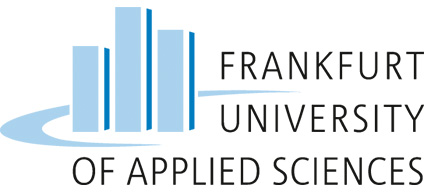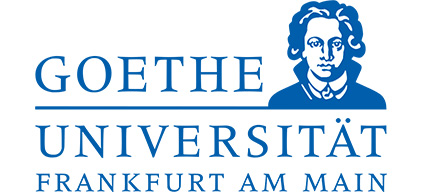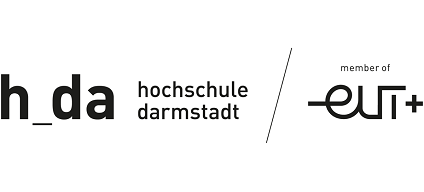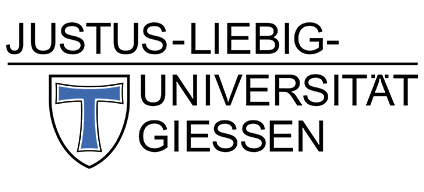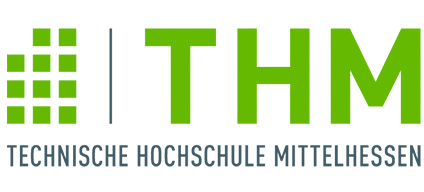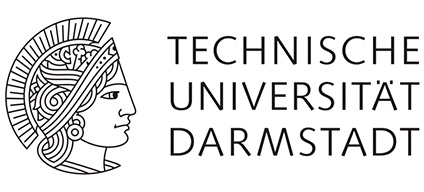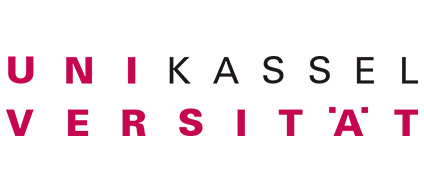Main Content
HeFDI Data Repositories – Institutional Data Repositories

Repositories as tools for data storage and accessibility
The availability of the data that is underlying research is essential for the traceability and potential reusability of research results. Researchers should not be dependent on individual technical installations or external services, which are not available in many scientific disciplines.
Researchers at Hessian universities are therefore given the opportunity to store their research data via a web-based user interface in specialized systems (repositories), which store the data in a structured and long-term manner and make it available to other researchers and the public on request. These repositories support the publication of data in accordance with the internationally recognized FAIR criteria.
Through cooperation in setting up and operating the repository, maximum interoperability is aimed to achieve thus as isolated solutions within Hesse are avoided. The metadata used in the repository is based on a standard developed and used in HeFDI, which is based on recommendations from DataCite (Institute for DOI Registration) and DINI (German Initiative for Network Information e.V.). Adaptations and further developments of the repositories are jointly discussed, processed and reused in HeFDI. This creates considerable synergies and cost savings.
Repository solutions at HeFDI universities: DSpace
In order to exploit synergies in the area of expertise and provide researchers with a service that is as standardized as possible, the open source software DSpace with local adaptations is used as the technical system harmonized across the locations. It is one of the most widely used repository software worldwide and is maintained and further developed by a large, international community.
In operating the repositories, the HeFDI partners rely on a division of labor: Philipps-Universität Marburg (UMR) and Technische Universität Darmstadt (TUDa) host repositories for other Hessian universities and ensure technical operation and 3rd-level support. Justus Liebig University is also establishing an institutional repository solution.
Through this common repository solution, all HeFDI universities have the option to promptly implement a solution for the storage and, if necessary, publication of research data at their own institution. They can thus easily comply with the DFG's new Guidelines for Safeguarding Good Research Practice (PDF in English / PDF in German). HeFDI also offers curation guidelines for its own repositories, giving insight into common aspects and relevant quality criteria to repository users and providers. Furthermore, we hope these guidelines provide a reuse potential for other institutions developing or operating a repository.
Your local repository
- Repository of Frankfurt University of Applied Sciences
- Repository of Goethe University Frankfurt
- Repository of Hochschule Darmstadt University of Applied Sciences
- Repository of Fulda University of Applied Sciences
- Repository of Hochschule Geisenheim University
- Repository of Hochschule RheinMain
- Repository of Justus Liebig University Giessen: JLUdata
- Repository of University of Marburg: data_UMR
- Repository of Technische Hochschule Mittelhessen: data.THM
- Repository of Technical University of Darmstadt: TUdatalib
- Repository of University of Kassel: DaKS
